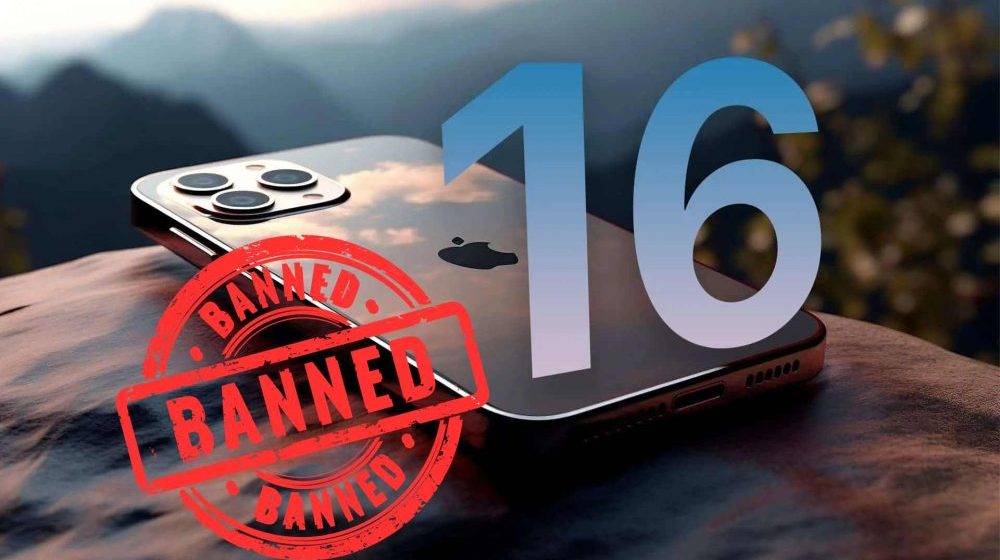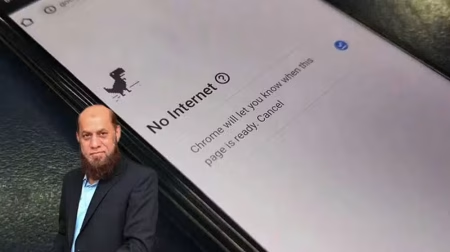The Indonesian government has issued a ban on the sale and use of Apple’s iPhone 16 and Apple Watch 10 series, following the tech giant’s failure to fulfill a $109 million investment commitment in local research and development (R&D) facilities. With only $95 million invested to date, Apple has fallen short of its pledge, leading the Indonesian Ministry of Industry to block International Mobile Equipment Identity (IMEI) certification for these devices. This block essentially makes it illegal for these products to be sold or used in Indonesia.
Key Reasons Behind the Ban
The investment shortfall by Apple has led to significant consequences, with Indonesia’s Industry Minister Agus Gumiwang Kartasasmita taking a firm stance on the ban’s enforceability. In a recent statement, he urged the public to report any operational iPhone 16 devices, labeling them as illegal under current regulations. According to Kartasasmita:
“If there is an iPhone 16 that can operate in Indonesia, that means that I can say the device is illegal. Do report it to us.”
This proactive approach underscores Indonesia’s commitment to enforcing local regulations and investment commitments.
Exemptions for Tourists and Airline Crew Members
Despite the ban, tourists and airline crew members are permitted to bring up to two iPhone 16 devices into Indonesia for personal use, although these cannot be sold within the country. This allowance ensures compliance with local regulations while offering flexibility for visitors.
Indonesian Regulations and Local Content Requirement
Indonesia requires foreign companies to meet a 40% local content requirement, verified through Domestic Component Level (TKDN) certification. This requirement can be fulfilled by:
- Local manufacturing of products,
- Domestic software development, or
- Establishing local R&D centers
The regulation supports local employment and strengthens Indonesia’s technology sector, ensuring that foreign companies adhere to their investment obligations in the region.
Apple’s inability to meet Indonesia’s investment commitment has led to a strict ban on iPhone 16 and Apple Watch 10 series sales and usage in the country. As Indonesia emphasizes the importance of local contributions, Apple will need to meet the remaining investment to regain access to this market.
FAQs
1. Why did Indonesia ban iPhone 16 and Apple Watch 10 sales?
Apple’s failure to fulfill a $109 million investment commitment in local R&D led to the ban.
2. Can tourists use iPhone 16 in Indonesia?
Yes, tourists and airline crew members may bring up to two iPhone 16 devices for personal use, but resale is prohibited.
3. What is Indonesia’s local content requirement?
Indonesia mandates a 40% local content for foreign companies through Domestic Component Level (TKDN) certification.
4. How can companies meet the TKDN requirement?
Companies can meet the TKDN requirement by local manufacturing, developing software in Indonesia, or establishing R&D centers.
5. Will Apple be able to re-enter the Indonesian market?
Apple may resume sales if it meets the remaining investment requirement and gains IMEI certification.




